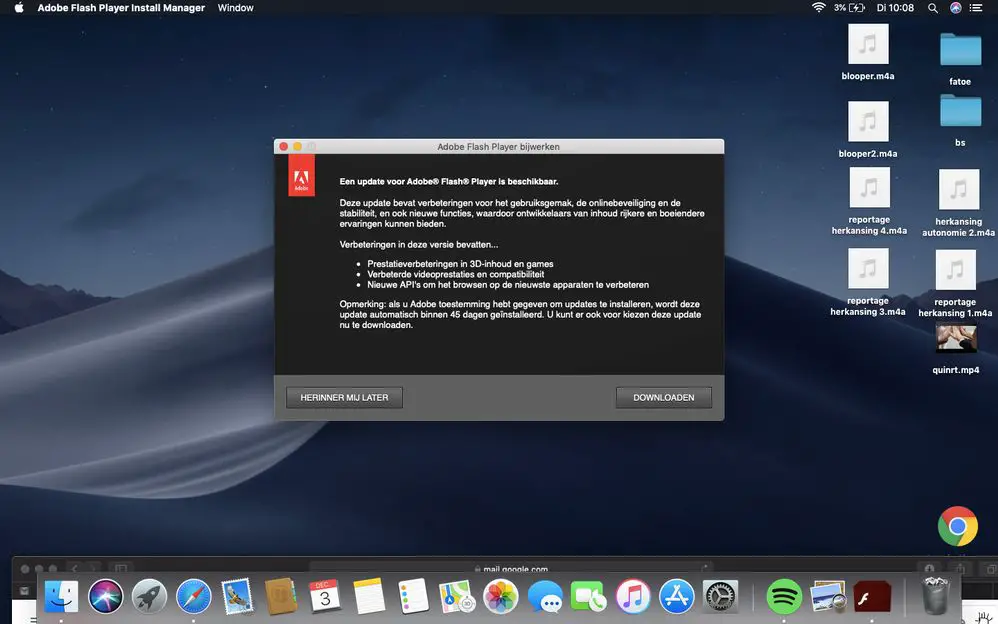Flash Player is Adobe’s multimedia platform used to add animation, video, and interactivity to web pages. However, Flash has been declining in usage over the past few years as open standards like HTML5, CSS3, and JavaScript have emerged. As a result, Adobe announced they would stop supporting Flash by the end of 2020. This means if you are trying to install Flash Player today in 2023, you will likely run into issues.
Why can’t I install Flash Player anymore?
There are a few key reasons why Flash Player can no longer be installed on most modern browsers and operating systems:
- Adobe has officially ended support for Flash – No more security updates or bug fixes will be released.
- Major browsers like Chrome, Firefox, Edge, and Safari have removed support for Flash content.
- Flash has been completely blocked in popular mobile operating systems like iOS and Android.
- Major websites and online video platforms have migrated away from Flash to HTML5.
- Continued Flash usage poses a security risk due to its lack of updates.
Essentially, the Flash ecosystem has been dismantled and very few places actively support Flash content anymore. Attempting to install Flash Player today is obsolete in most cases.
What are some error messages you may see?
Here are some common error messages you may encounter when trying to install Flash Player on modern systems:
- “Adobe Flash Player is blocked for your protection” – Browsers like Chrome and Firefox now block Flash content entirely.
- “This app can’t run on your PC” – The Windows Store has removed Flash Player making it unavailable on Windows 10 and 11.
- “Flash Player is no longer supported” – You may see this direct warning when trying to install it from Adobe.
- “Plug-in blocked” – Browsers block the Flash plugin even if installed due to security concerns.
- “Flash is outdated or insecure” – Warnings emphasizing the risks of enabling Flash.
Basically any message emphasizing that Flash is outdated, unsafe, or no longer supported means you cannot install or enable Flash Player on that machine.
Are there any exceptions where Flash still works?
There are some very rare exceptions where Flash content may still work:
- On older machines running Windows 7 or earlier with outdated browsers, Flash may still function.
- Enterprise environments may have Flash configured through special exceptions and custom browsers.
- You can enable Flash in Chrome by editing Chromium policies but this is highly unsafe.
- Some outdated websites or online games may still rely on Flash but likely will not work well.
In most cases, you should avoid enabling Flash even if you manage to install it. The content is unlikely to work properly and poses major security risks.
What are the alternatives to Flash?
Here are some popular open web standards that have replaced Flash functionality:
- HTML5: For web content, audio, video, animations, and games.
- CSS3: For advanced visual styling and animations.
- JavaScript: For scripts, interactivity, and dynamic effects.
- WebGL: For hardware-accelerated 3D graphics.
- WebAssembly: For near native performance in web apps.
All major browsers now support these standards so modern websites no longer need Flash. Migrating old Flash content to these new technologies is recommended.
How can I view legacy Flash content?
If you need to access old Flash content for posterity, here are some options:
- Use the Flash Player projector on Windows 7 or earlier.
- Enable Flash in a legacy version of Internet Explorer on older Windows.
- Use a browser like Pale Moon with Flash enabled on an old machine.
- View archived Flash content on the Internet Archive site.
- Use standalone Flash projectors downloaded from archival sites.
However these are temporary solutions. For long term access to Flash content, conversion to modern formats is recommended.
Conclusion
In summary, Flash Player can no longer be installed on modern machines due to browser makers and Adobe intentionally disabling and blocking Flash for security reasons. The technology has essentially been deprecated in favor of open web standards. Your best option is to migrate any important Flash content to HTML5 and other supported formats for the future. Flash Player installation will likely continue to fail going forward on anything except outdated systems.
